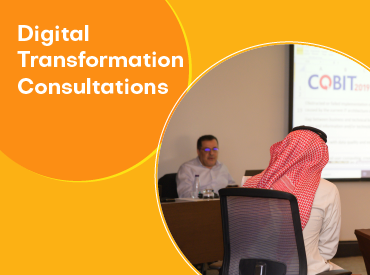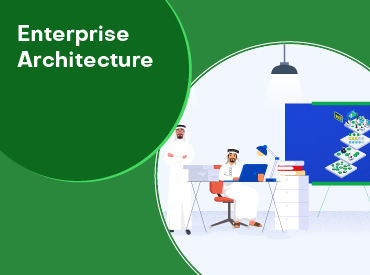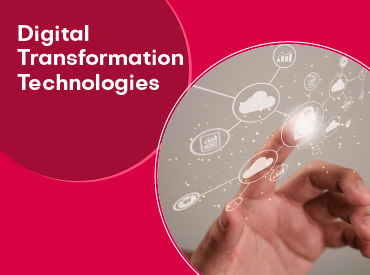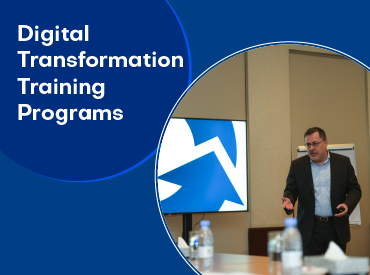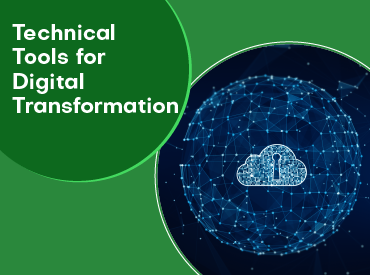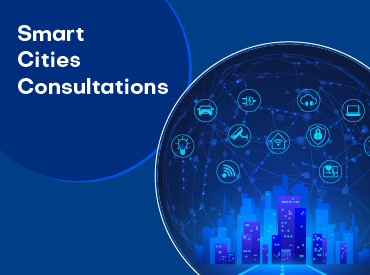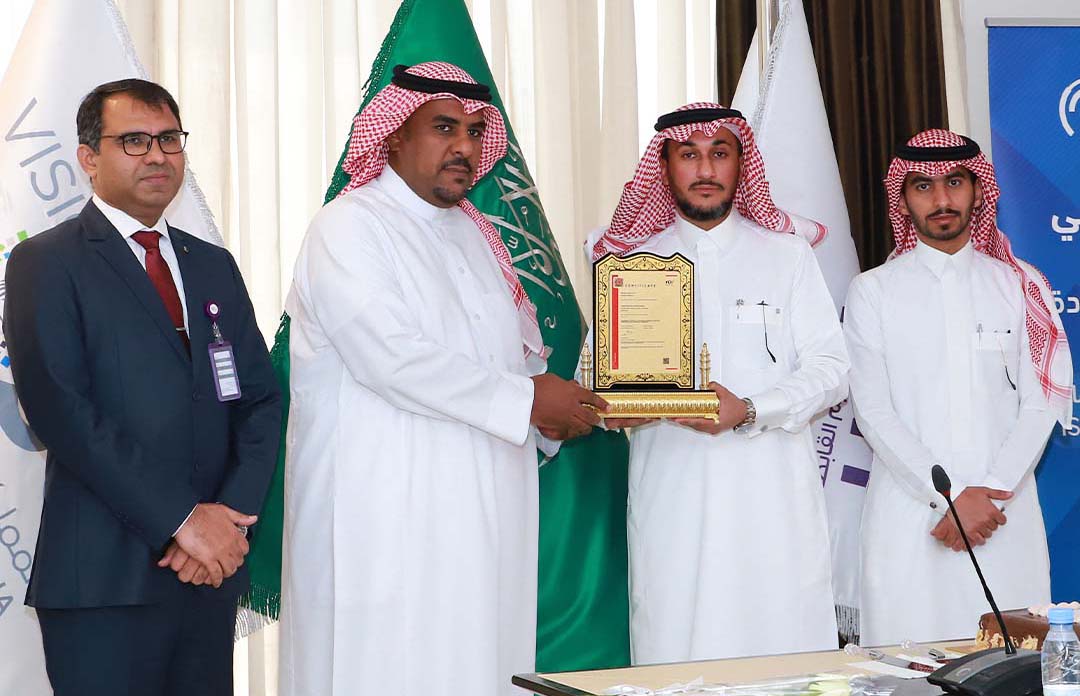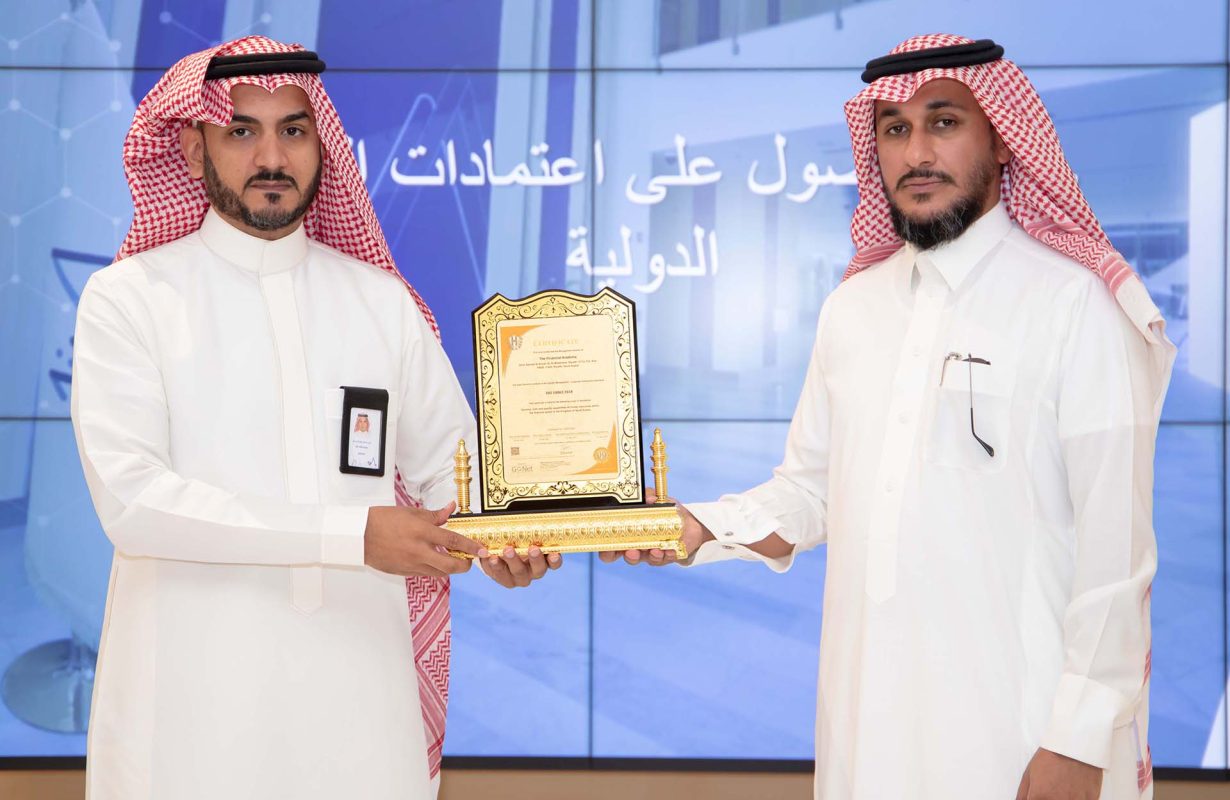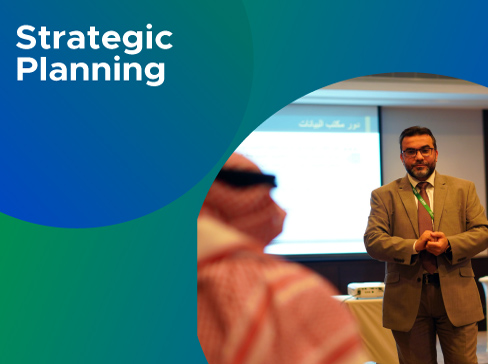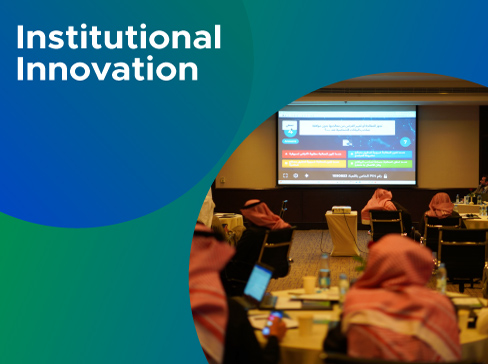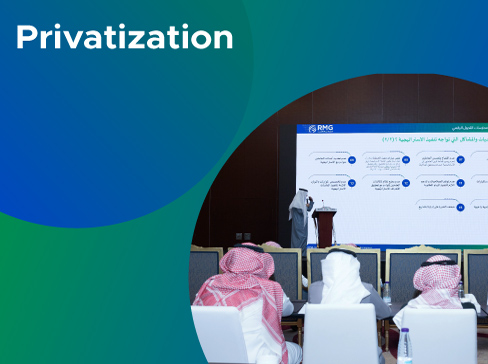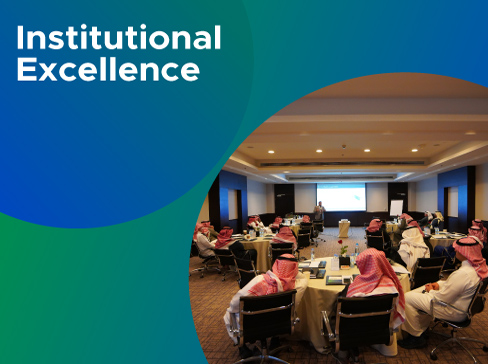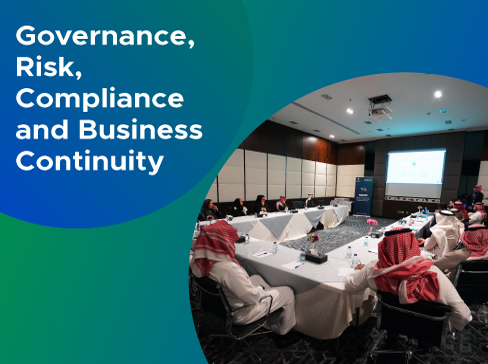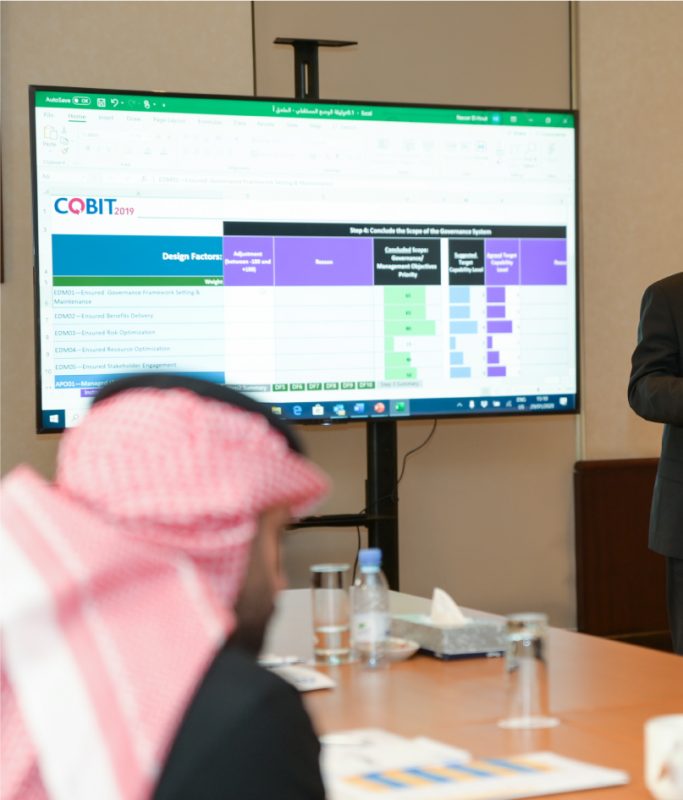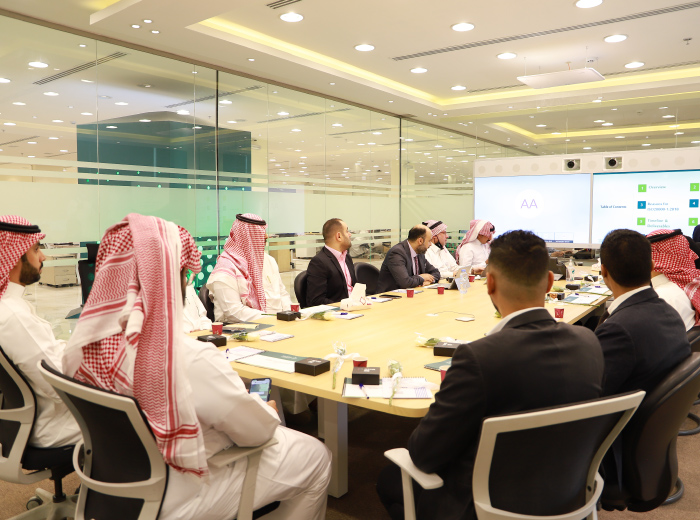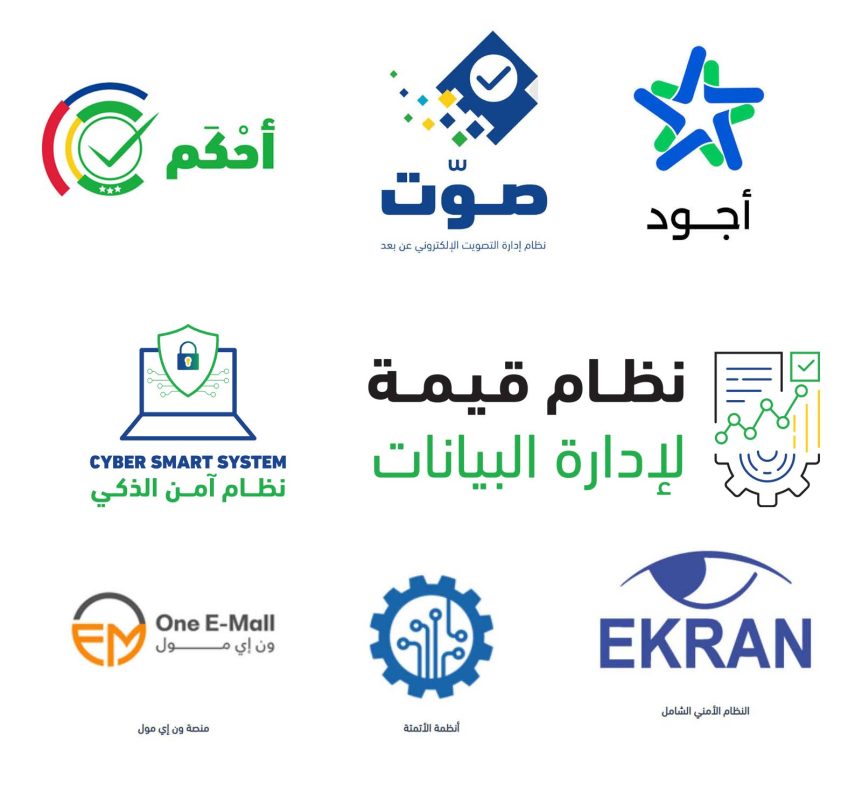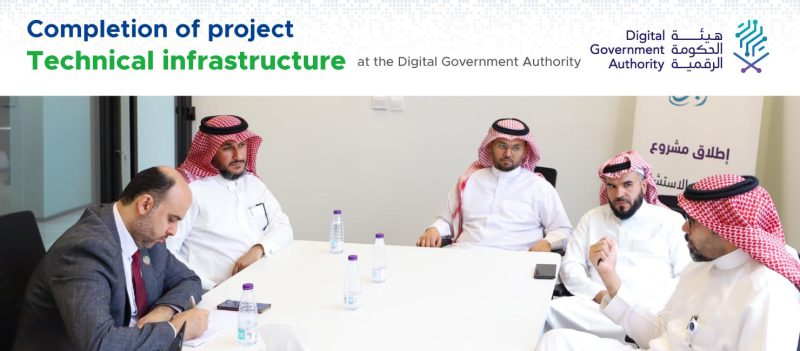
By the grace of God, Renad Al Majd Information Technology Company (RMG) has succeeded in completing the “Consulting Services for Developing the Technical Infrastructure” project in the Digital Government Authority, which is the authority responsible for everything related to digital government in the Kingdom of Saudi Arabia. The project aims primarily to provide consulting services for developing the technical infrastructure and the presence of… Digital services in the Authority according to the ITIL 4 framework
The project included several stages, the first of which was building and implementing a service value system for the services provided in the administration to clarify the working mechanism of all these practices, processes and related tasks to produce the service value, which would create an important element to increase the demands on the services provided in the administration. (Service value chain), which consists of a series of activities and processes that create value for customers and meet their needs.
The project worked on building all procedures and processes to develop the technical infrastructure, as it is considered a necessary and crucial matter in our digital age, in accordance with the global methodologies and practices followed within the framework of (ITIL 4).
Within the scope of this project, work was done to build an operational cycle for the infrastructure of the data centre and the backup centre, in accordance with national policies, documents and tools used globally in the field of technical infrastructure.
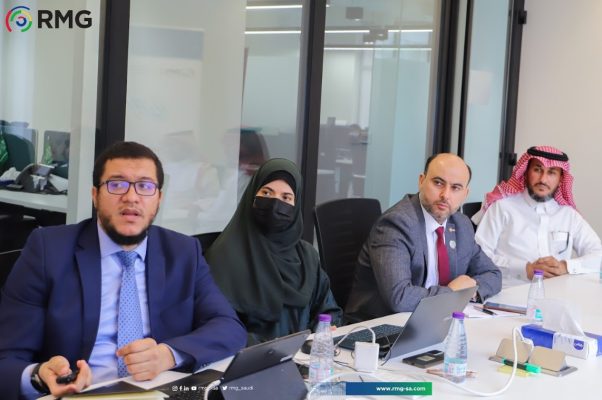
The project was distinguished by qualifying the Authority to obtain the international certificate (ISO/IEC 20000-1:2018) by developing the Service Management System through a clearly defined road map, defining and building the policies and procedures that must be followed for this, and implementing the necessary tests.
In addition, the project contributed to the use of systems available in the Authority to automate procedures and develop the necessary reports, which help in increasing efficiency, improving work efficiency, accuracy and reliability of data, improving data quality, in addition to improving reports, which helps in making strategic decisions and improving operations in the Authority.
What are the benefits of implementing ISO 20000 (ISO/IEC 20000-1:2018)?
- Improving the quality of services: This standard helps entities design, develop and implement a service management system that ensures the provision of services with high quality and consistent performance.
- Increase efficiency: By standardizing processes and adopting best practices, entities can improve their efficiency and reduce errors and redundancy in work.
- Improving risk management: The standard helps entities identify, evaluate, and manage risks associated with IT services, which reduces the likelihood of serious problems occurring.
- Enhancing beneficiary satisfaction: By providing reliable and effective services, entities can increase beneficiary satisfaction and build stronger relationships with them.
- Compliance with international standards: Compliance with the ISO/IEC 20000-1 standard helps entities demonstrate their commitment to international standards, which enhances their reputation and ability to compete in the global market.
- Improving internal communication and collaboration: The standard encourages effective communication and collaboration between different departments, leading to improved service implementation and delivery.
- Facilitating compliance with laws and regulations: Implementing the standard helps entities comply with legal and regulatory requirements related to IT services.
What are the basic stages of implementing ISO 20000 (ISO/IEC 20000-1:2018)?
Implementing the ISO/IEC 20000-1:2018 standard, which focuses on IT service management, requires entities to pass several basic stages. These stages ensure the development and implementation of an effective service management system consistent with specified standards. The basic stages can be summarized as follows:
- Planning and commitment: It requires initial commitment from senior management and setting the objectives and scope for the service management system. A detailed plan should be developed that includes resources, schedule, and responsibilities.
- Current status analysis: Evaluate current operations and services to identify gaps between the current status and ISO/IEC 20000-1 requirements. This includes reviewing policies, procedures, and service performance.
- Service design and planning: Develop and document policies, objectives, and processes that support the delivery and management of services according to the standard. This includes defining customer requirements and service level agreements (SLAs).
- Implementation and operation: Implement new processes and procedures, and train staff on ISO/IEC 20000-1 requirements. Services must be managed effectively to ensure quality and performance objectives are met.
- Monitoring and Measurement: Implement an effective system to monitor and measure service performance, including tracking incidents, managing changes, and collecting feedback from customers for continuous improvement.
- Continuous review and improvement: Conduct periodic reviews of the service management system to evaluate performance and identify opportunities for improvement. This process must be continuous to ensure compliance with the standard is maintained and IT services are improved.
- Internal and External Audit: Conduct internal audit to verify compliance with ISO/IEC 20000-1, and prepare for external audit by third parties for certification.
- Obtaining the certificate: After ensuring that the system meets all requirements of the ISO 20000 certificate, the certificate is granted by the granting body.
What is the difference between the ITIL 4 framework and the ISO 20000 standard (ISO/IEC 20000-1:2018)?
The ITIL 4 framework and the ISO/IEC 20000-1:2018 standard both address IT service management, but they differ in their approach and application. Here we review some of the main differences between them:
| Comparison area | ITIL 4 | ISO/IEC 20000-1:2018
| |
| 1 | Scope and focus | A comprehensive best practice framework focused on guiding organizations on how to deliver IT services effectively and efficiently. Covers the entire service life cycle, from strategy to design, transition, operation, and continuous improvement. Focuses on improving service and value provided to beneficiaries | An international standard that specifies requirements for an Information Technology Service Management System (ITSMS) to ensure services are delivered with consistent, continuous quality. It focuses on adherence to a specific set of standards to achieve certification. It aims to provide confidence to customers and stakeholders that the organization is capable of providing high quality IT services. |
| 2 | Objective and application | It provides detailed guidance and best practices that organizations can adopt and adapt to their specific needs. Encourages flexible thinking and adaptation to changes in the IT environment. | Establishes specific requirements that organizations must meet to obtain ISO/IEC 20000 certification. It focuses on adherence to standards and can be used as evidence to verify compliance. |
| 3 | Certificates | There is no certification for organizations; Rather, certificates are provided to individuals who complete training courses and pass exams at various ITIL levels. | Organizations can obtain ISO/IEC 20000-1 certification after successfully meeting specified requirements and passing external audit. |
| 4 | Integration and compatibility | Provides detailed guidance and best practices for IT service management | Defines specific standards for the IT service management system to ensure service delivery with consistent quality. |
| Although different, practices and principles from both approaches can be integrated into an organization’s overall IT service management strategy. They complement each other; Organizations can use ITIL to develop and improve processes and ISO/IEC 20000-1 as a working standard to ensure compliance and quality in service delivery. | |||


